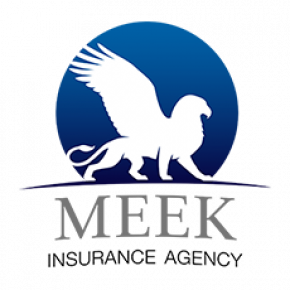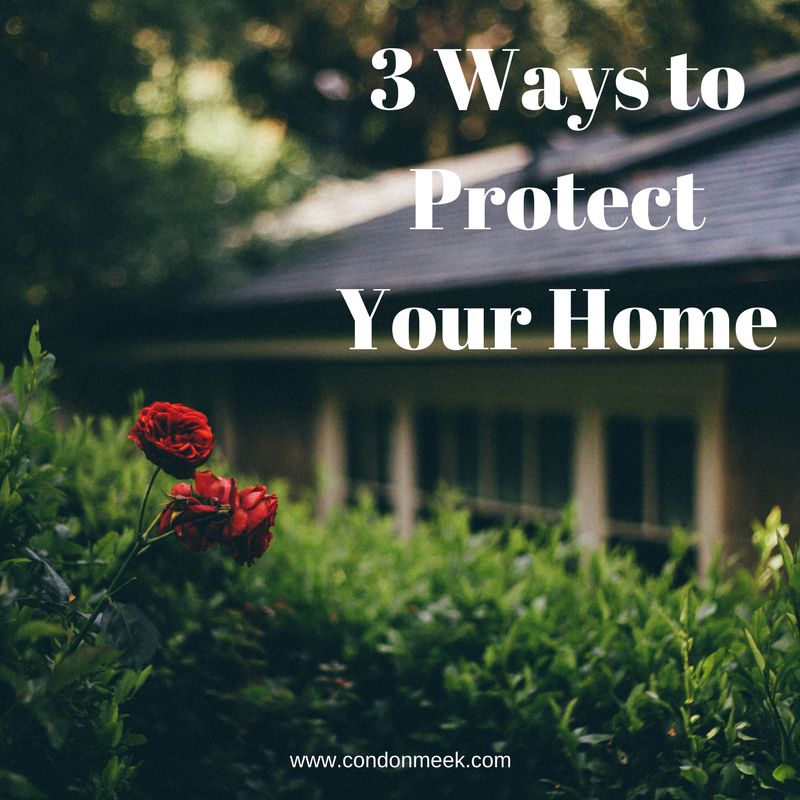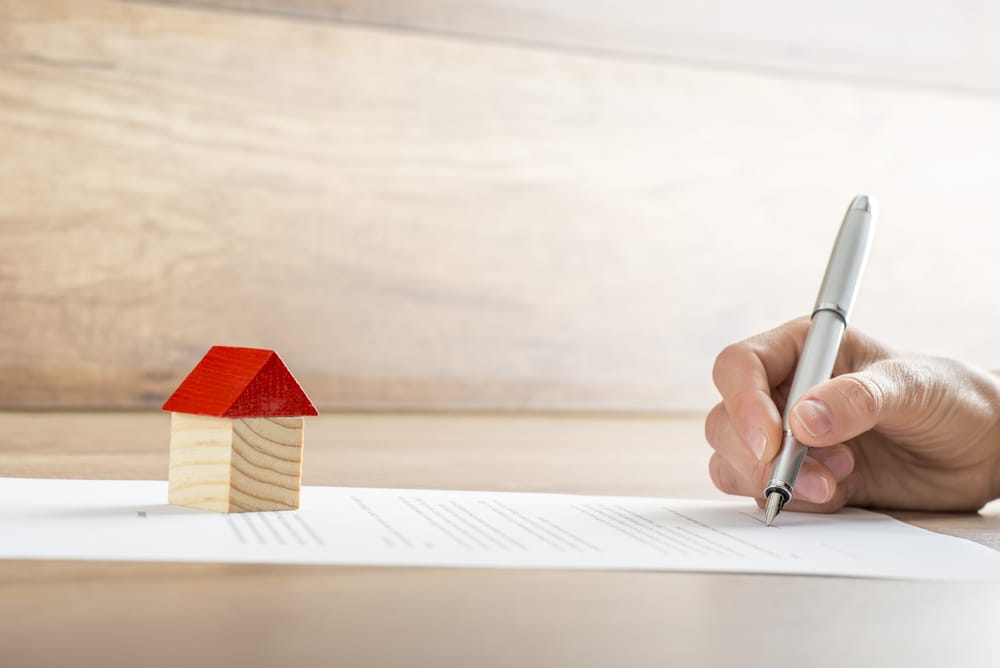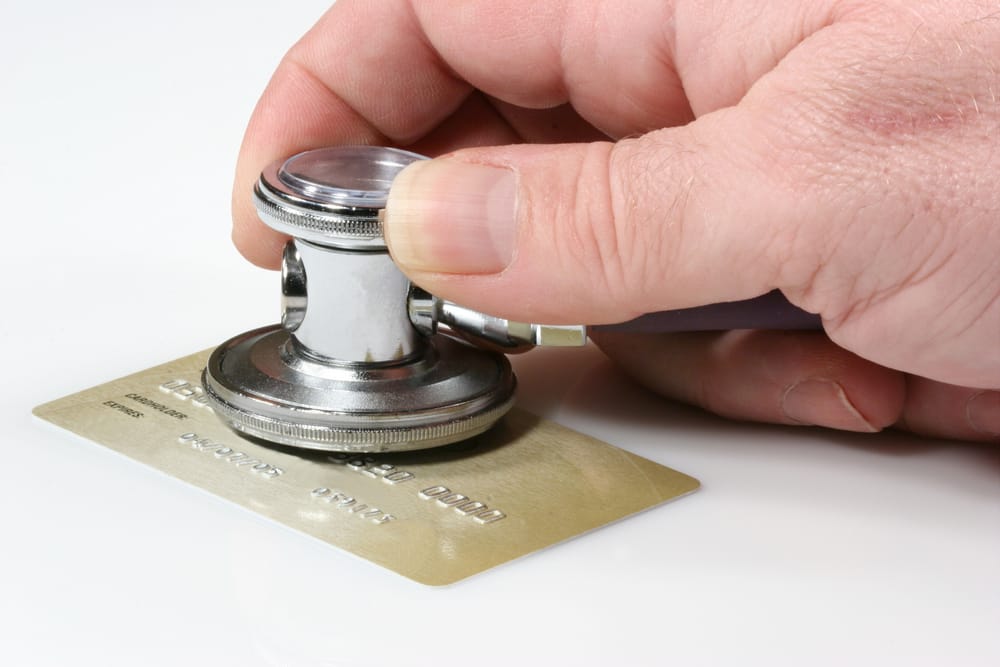Home is truly where the heart is; unfortunately, that doesn’t stop accidents, fires or thefts from happening at home. This is why homeowners insurance (HOI) is essential – and why understanding your coverage is crucial.
Many think, “it won’t happen to me,” but consider these sobering statistics:
- A home burglary takes place every 16 seconds.
- A child dies in a pool every five days in the summertime.
- Every 55 seconds, a home will be destroyed by fire.
These days, there are many security measures you can take to protect against these threats. And by implementing good security, you may also get discounts on your homeowners insurance, and potentially avoid increased premiums if you ever need to file a claim. Consider these three ways to protect your home and family.
Three Ways to Protect Your Home & Family
Protection against burglary
A good alarm system is one of the very best ways to discourage criminals, who generally are looking for properties that are easy to break into and pose minimal risk of getting caught. In fact, homes without alarms are three times more likely to be broken into than those without.
Many people wonder about guard dogs: In most situations, you won’t need a trained guard dog, as your household pet may well scare off burglars by barking and calling attention to the crime. Trained guard dogs will defend your home physically, but only you can decide if you really need this type of protection.
Incidentally, you needn’t be concerned about motion detectors sensing your cat or dog; there are motion detection alarms that respond to burglars, but not your protective pup.
Fire protection
Not surprisingly, the majority of house fires start in kitchens, and occur most often between October and January. They can result in tragedy, so taking measures to protect against this potentially devastating catastrophe is crucial.
Ideally you should have at the very least one smoke detector on each level of your home. Keep them in good working order: Test batteries monthly and replace them once a year. A good habit to get into is changing the battery on a date you’ll always remember, such as your anniversary, birthday or other special celebration.
Create an emergency fire escape plan with your family and hold regular fire drills. Also, keep fire extinguishers around the house, particularly in or close to the kitchen. Check them regularly, too.
Protection against bodily injury
There’s a good reason insurers charge higher premiums for homeowners with swimming pools on their properties. Insurers see pools as “attractive nuisances,” acknowledging that while pools can be great, they also can be extremely dangerous. Many insurers require homeowners with pools to have a fence with a lockable gate around the pool, and you should also post pool rules for children or guests. Include “No Horseplay.”
Ensure that everyone in the family can swim, and light the pool with flood lights and motion sensors at night.
You may want to use lighting to highlight other areas outdoors, not just for aesthetic reasons but to prevent visitors from falling on your property and injuring themselves. Also make sure you’ve removed or fixed any potential safety hazards, such as broken boards, uneven steps and holes in the lawn; as well many jurisdictions require you to have sturdy railings on outside steps. Find out if yours is one. Don’t allow the kids to leave wagons or bikes in the driveway, and keep the deck and walkways clear of items someone might trip over.
Most importantly, ensure you’re protected against these eventualities with the right homeowners’ policy; If you should find yourself a victim of theft or fire, or on the receiving end of an injury or death claim, wishing you had more insurance – or even some insurance – won’t help you.
It’s unfortunate that so many tragedies occur in our own backyards, but with preventive measures and the right homeowners’ coverage, those who matter most – your family – can feel safe at home.
This information was presented by:
Condon-Meek Insurance
727-446-5051
This article and any information contained herein is intended for informational purposes only and should not be construed as legal advice. The publisher will not be responsible for errors or omissions or any damages, howsoever caused, that result from its use. Seek competent legal counsel for advice on any legal matter.




